OpenAI Eyes Google Chrome Amid Antitrust Heat – A Tech Power Shift in the Making
In a surprising turn of events during a high-stakes antitrust trial, OpenAI—the artificial intelligence company behind ChatGPT—expressed interest in acquiring Google Chrome. This revelation has sent shockwaves through the tech industry, especially as it comes amid intensifying regulatory scrutiny against Google’s monopolistic practices.
The disclosure was made by Nick Turley, an OpenAI executive, while testifying on behalf of the U.S. government in the ongoing antitrust case. The trial, taking place in Washington D.C., is part of the Department of Justice’s (DOJ) broader mission to dismantle monopolistic structures that limit competition and innovation in the digital space.
Google’s Legal Struggles Intensify
This isn’t the first time Google has faced legal heat. In recent judgments, the tech giant was found guilty of dominating the online search and advertising markets. Although Google is appealing the decisions, its legal standing is under serious threat.
Critics argue that Google’s control over browser usage and advertising pipelines limits fair competition. Google, however, maintains that the DOJ’s actions may backfire, potentially hindering U.S. innovation and impacting consumers globally. Nevertheless, the government is determined to explore remedies, including forced divestitures that could break up Google’s integrated ecosystem.
Why OpenAI Wants Chrome
Chrome is more than just a browser—it’s the primary access point to the internet for over 64% of users worldwide. For OpenAI, acquiring Chrome would represent a strategic move to control the front door of the internet, enabling seamless integration of AI tools like ChatGPT directly into browsing experiences.
Apple’s Safari, by contrast, holds just 21% of the market, making Chrome a far more influential platform. This strategic play would place OpenAI in direct competition with Google not only in AI and search but also in internet navigation and digital ad reach.
It’s worth noting that OpenAI previously attempted to collaborate with Google by integrating real-time search into ChatGPT. After being rejected, OpenAI strengthened its alliance with Microsoft, integrating Bing and Edge into its ecosystem.
Big Tech Braces for Regulatory Earthquake
This case doesn’t just affect Google—it may set the tone for future actions against other Big Tech firms like Apple, Meta, and Amazon. Each is currently under regulatory scrutiny, and the outcome of this trial could shape the next generation of tech industry regulations.
Meanwhile, OpenAI isn’t stopping at Chrome. Rumors suggest the AI giant is exploring the creation of a new social platform—possibly to rival X (formerly Twitter). This suggests that OpenAI isn’t just chasing AI dominance; it’s moving toward becoming a multi-vertical tech titan with interests in search, communication, and social infrastructure.
What If OpenAI Acquires Chrome?
The implications would be profound. Imagine a future where AI is embedded directly into your browser, offering personalized insights, real-time translations, content summaries, and voice-controlled navigation. This could dramatically alter how users engage with the web—and it would offer OpenAI a massive edge over traditional platforms.
More importantly, it would rewrite the rules of digital competition. Instead of the browser acting as a passive portal to the internet, it would become an intelligent assistant—powered by advanced AI models capable of adapting to individual needs.
The Road Ahead
For now, the idea of OpenAI owning Chrome remains hypothetical. The antitrust trial is ongoing, and any forced divestiture would require years of negotiation, approval, and restructuring. However, the very mention of this possibility underscores how the balance of power is shifting in tech.
Whether Google manages to hold onto its core platforms or OpenAI rises to claim new territory, one thing is clear: AI is no longer a side player. It’s at the center of the next wave of technological disruption.
You can read the original report from Caio Connect here.
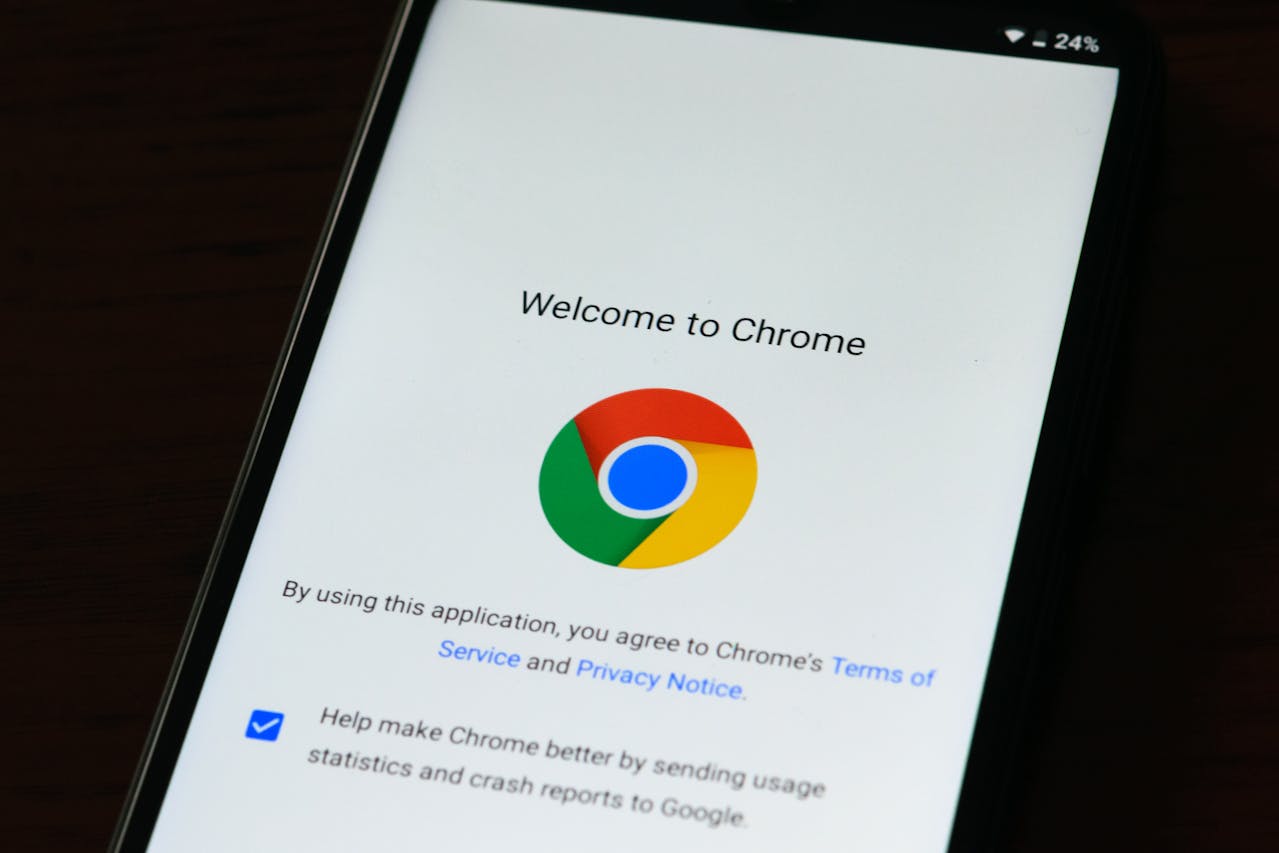

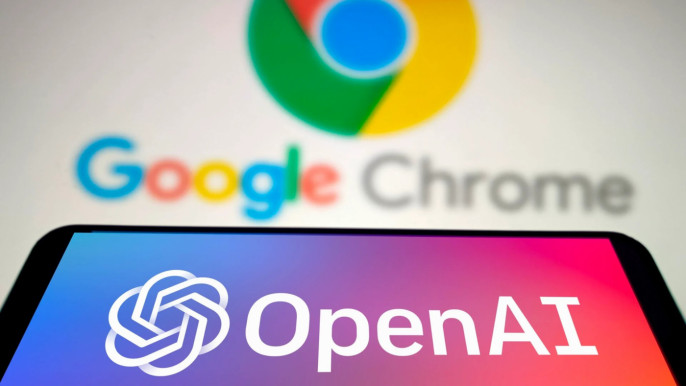


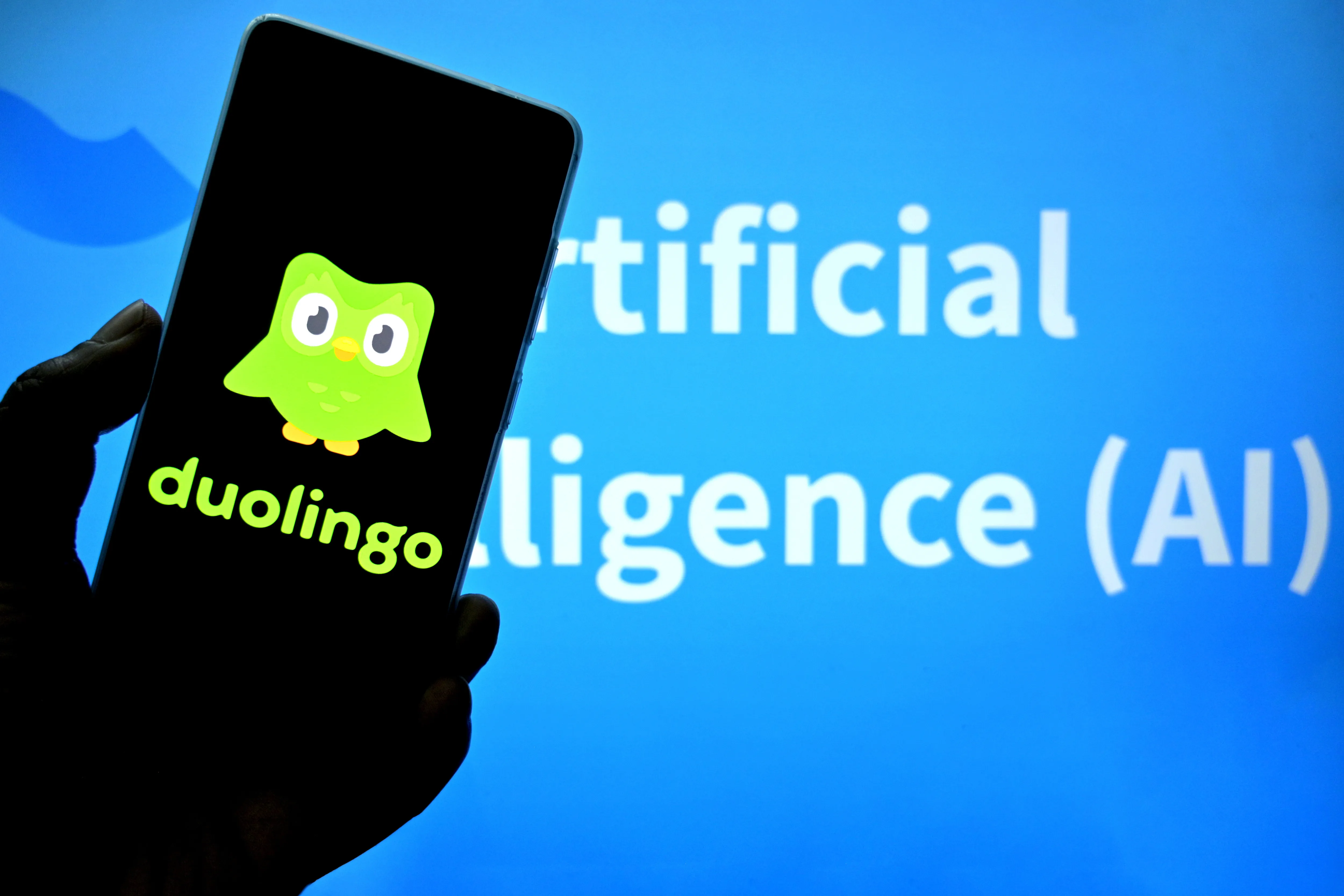
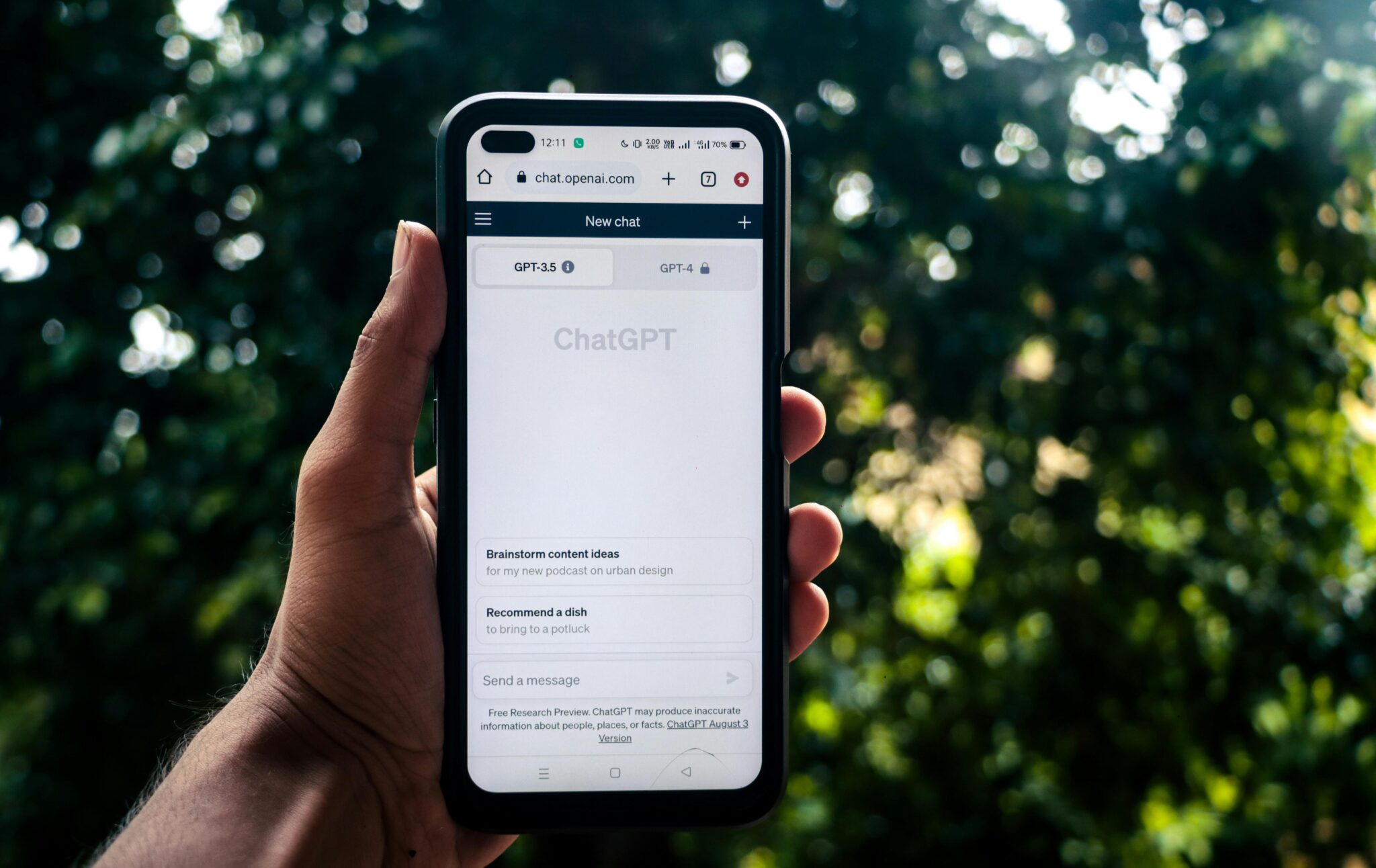
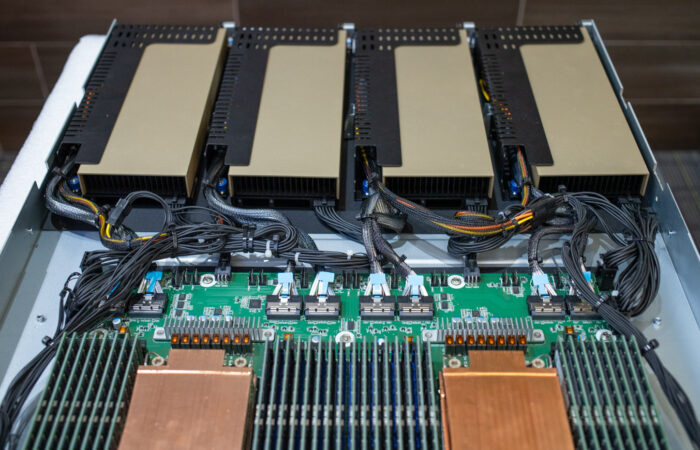
No Comment! Be the first one.